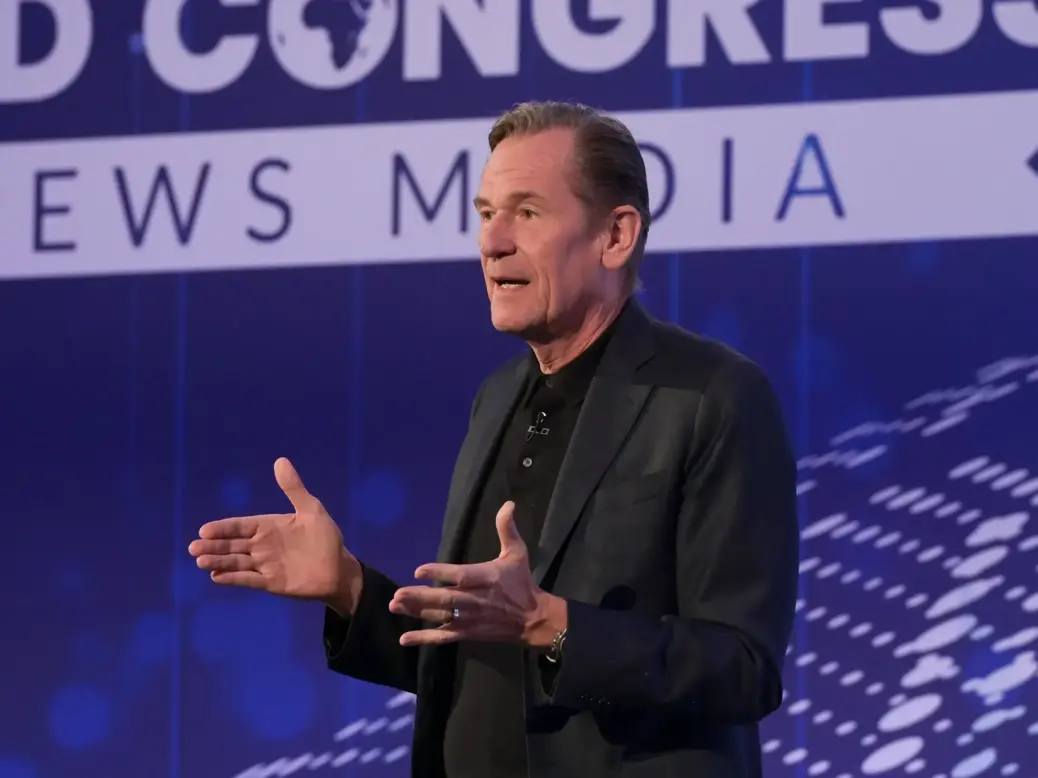
Axel Springer’s Bold Move: Four Days a Week in the Office
In a decisive pivot towards traditional office culture, **Axel Springer CEO Mathias Döpfner** has announced a mandate requiring all employees to be present in the office at least **four days each week**. This strategic decision reflects Döpfner’s belief in the importance of in-person collaboration while addressing the evolving landscape of work following the pandemic.
Challenging the Work-from-Home Norm
In an interview with The Sunday Times, Döpfner voiced concerns that flexible working arrangements during COVID-19 had spiraled out of control. “It became just an alibi to not work at all or isolate yourself at home and get paranoid,” he asserted. His comments come amid a growing sentiment among publishers favoring hybrid working models, with many only requiring attendance of two to three days a week. Research from Press Gazette highlights this preference among staff and employers alike.
The Divide: Office vs. Hybrid Work
The debate surrounding office versus hybrid working has ignited passionate discussions within the publishing sector. While some argue that **office environments foster productivity** and a vibrant company culture, others highlight the downsides, such as the **time and costs associated with commuting**. The quest for a diverse workforce often sees hybrid models winning favor, especially for individuals with caregiving responsibilities.
Axel Springer’s Prominent Media Brands
Axel Springer boasts a portfolio of influential media brands, including **Business Insider**, **Politico**, **Morning Brew**, **Bild**, and **Welt**. As one of the major shareholders alongside Friede Springer, Döpfner’s vision will be crucial for the company’s trajectory moving forward.
Strategic Moves and AI Integration
On April 29, Axel Springer made headlines by selling its classified advertising businesses, **Septstone** and **AVIV**, to KKR and CPP Investments for an impressive **€10 billion**. This move aligns with Döpfner’s assertion that “the future will be dominated by two types of companies: those leveraging artificial intelligence extensively and those that will fade into obscurity.”
The Role of AI in Journalism
Döpfner emphasizes that AI will be transformative for Axel Springer, suggesting that “almost everything will be, in large parts or completely, taken over by bots.” However, he views this shift as an opportunity for journalists to refocus on their core tasks—**reporting and in-depth research**. This approach aims to cultivate a more engaged and loyal readership.
Future Investments and Acquisitions
As Axel Springer navigates the digital landscape, Döpfner has indicated a strong commitment to **investing in the business** and moving away from “clickbait” content. The focus will be redirected towards building a smaller yet more committed audience. He also hinted at a high likelihood of future acquisitions, stating, “We also would like to launch new businesses.”
A Digital-First Acquisitions Strategy
Döpfner’s vision for 2023 encompasses a **digital-first** and **digital-only** acquisition strategy. This commitment to digital transformation suggests a forward-thinking approach that prioritizes innovation and adaptation in an ever-evolving industry.
By mandating increased office attendance and embracing cutting-edge technology, Axel Springer is positioning itself to thrive in a landscape marked by rapid change. The emphasis on collaboration, innovation, and deliberate content strategies could redefine the company’s future and potentially set a precedent within the industry.
Email [email protected] to point out mistakes, provide story tips, or send in a letter for publication on our “Letters Page” blog.






